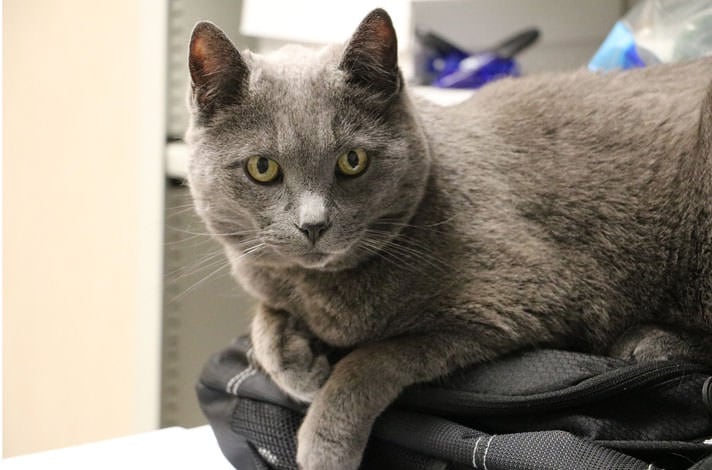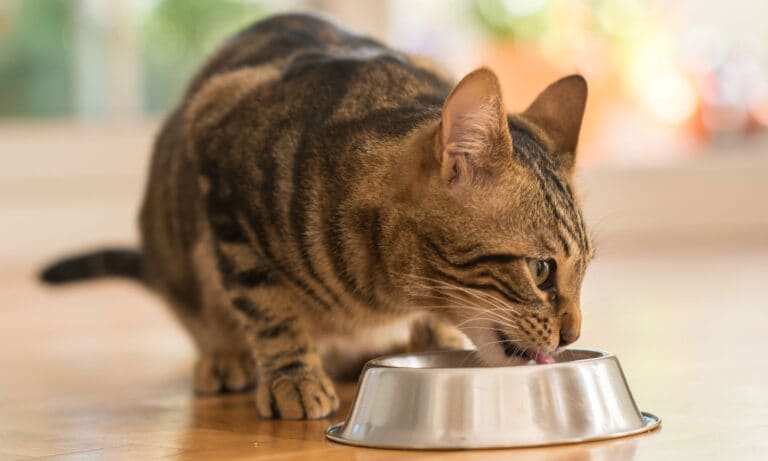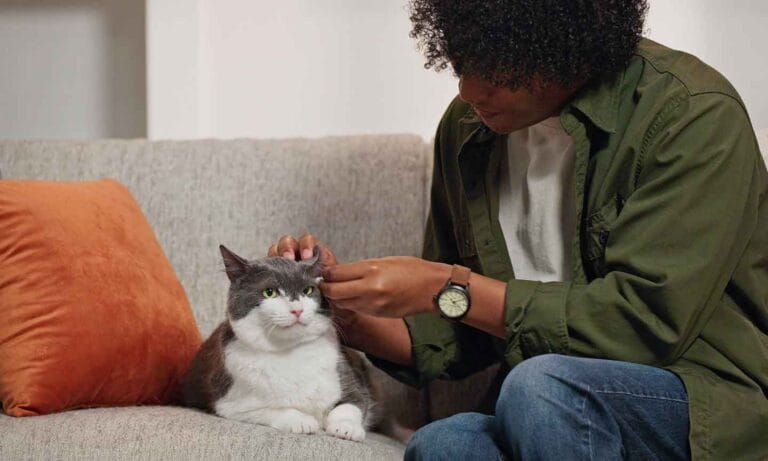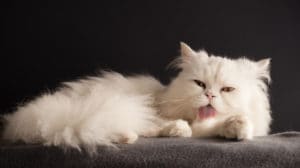Q.
I noticed my cat pawing at his mouth after eating, so I took him to my vet last month. The vet said my cat needed four teeth extracted. I’ve brought my cat back five times for X-rays, extraction socket checks and exams for the back of his throat and can’t find anything wrong. He’s much worse now. After eating or washing, my cat will gag, grab his mouth with both paws and almost fall on his face for about five to 10 minutes. Then, he seems fine.
They’re telling me to take him to Tufts for a MRI and endoscopy. Have you seen these symptoms before? Someone said it might be an injured nerve of the tongue so yesterday they tried giving him a steroid shot but he doesn’t seem much better.
A.
I feel bad for you and your cat. Your cat is obviously in terrible discomfort. Because your cat had fairly severe dental disease— severe enough to require four extractions—the source of the pain is likely a dental condition. However, it sounds like your cat’s veterinarian has done a pretty thorough workup, including X-rays. I’m afraid that referral to a specialist is probably the next step.
I suspect that your cat might have a condition called Feline Orofacial Pain Syndrome (FOPS). This condition is characterized by acute oral discomfort, often accompanied by chewing and mutilation of the tongue. Any cat breed can be affected, but the majority are Burmese. (You didn’t indicate your cat’s breed in your letter.)
Affected cats usually show exaggerated licking and chewing movements, and will paw at their mouths. Usually, one side of the cat’s mouth tends to be more affected than the other. Cat oral disease, such as dental disease, can sometimes precipitate the development of FOPS. Environmental factors and stresses, such as social incompatibility with another cat in the house, might influence the cat disease. Some believe it is nerve pain, similar to trigeminal neuralgia in humans. Diagnosis is difficult because there is no specific test. Vets diagnose FOPS based on the cat’s behavioral signs, and by ruling out other causes of oral or facial pain. Anti-epileptic drugs, such as Phenobarbital, appear to be the more effective than anti-inflammatory drugs or other pain drugs.
If possible, have your cat’s veterinarian refer you to a specialty center with a board-certified veterinary dentist on staff. (This might be difficult, as not very many exist in the United States.) Dental radiographs should be taken and evaluated by an expert, so that subtle problems are not overlooked. Good luck.
By: Arnold Plotnick, DVM
Featured Image: via Pixabay
Share:









